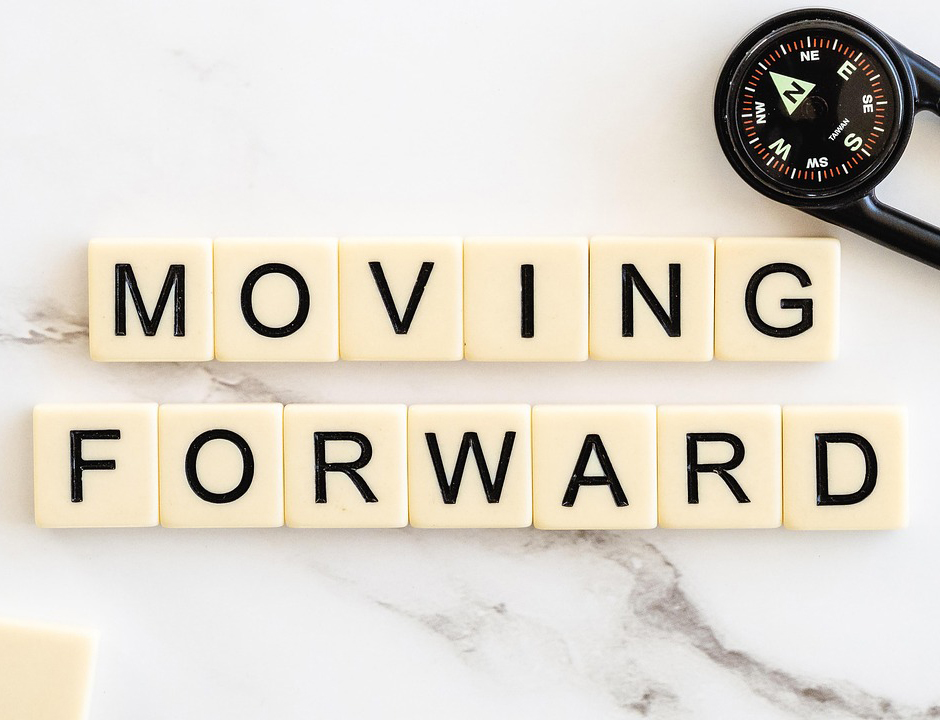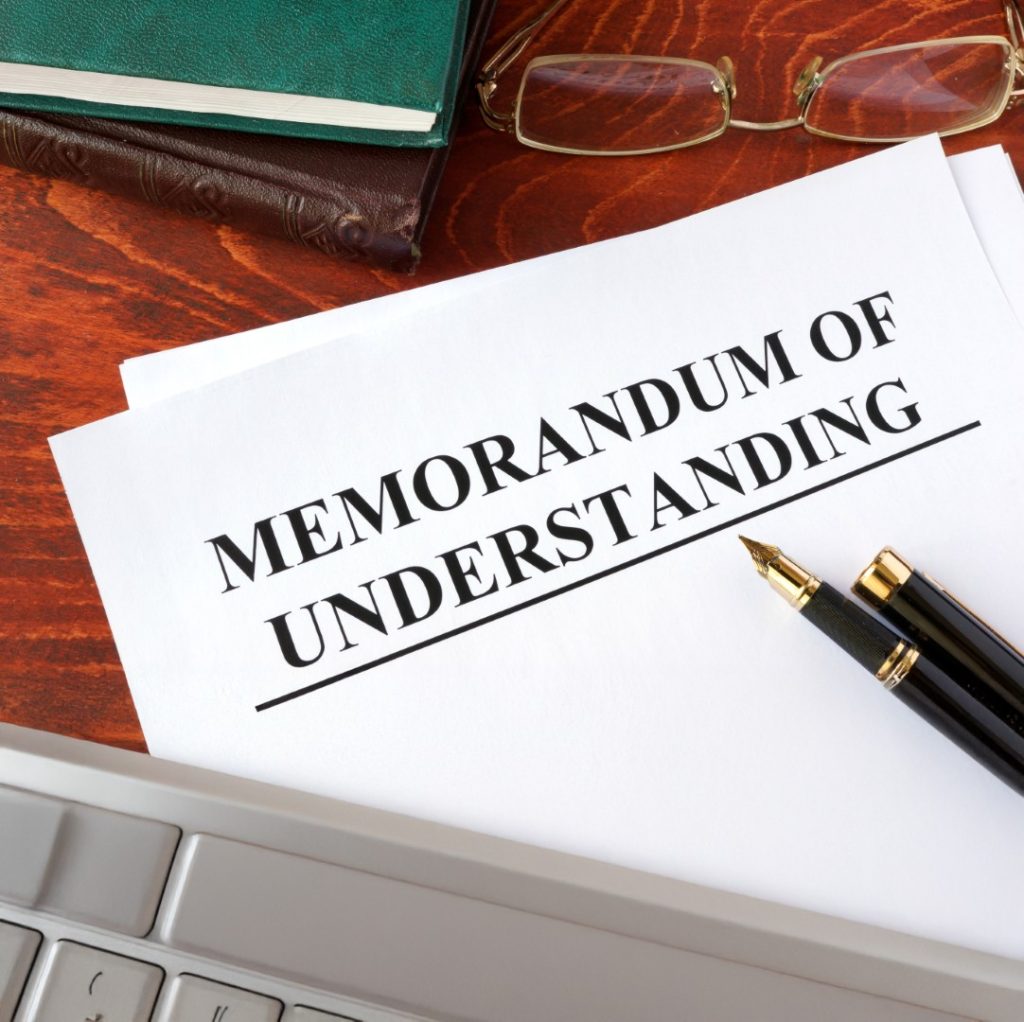What is
Sometimes when we are in conflict, we can’t tell the wood from the trees, and it can feel like there is no light at the end of the forest. Mediation is a way for people to resolve a dispute with the help of a mediator who can help parties to find a path through the forest.
Mediation is, essentially, a confidential meeting (or meetings) in which parties can talk proactively to agree on a fair and reasonable solution to a problem. In this way mediation is unlike litigation where parties hire lawyers to fight their case.




A mediator is a neutral third party specialised in facilitation and negotiation techniques, who guides a discussion between parties with the objective of helping parties come to an agreement that everyone feels is fair. We engage with parties to find common ground, untangle underlying interests and explore solutions so that parties can move forward with their lives.
Mediators do not make decisions for parties. We assist you to make your own decisions. Mediators are trained in the law and can provide information in order for you to better consider the legal options available to you, but we do not act as lawyers. Neither are we therapists. While the mediation space is a safe space to talk openly and honestly, and while we acknowledge that conflict can create stress and negative emotions, we embrace where each party is at without allowing emotion to derail the mediation process.




Most disputes between two or more parties can be mediated, such as:
Mediation is an appropriate and valuable method for resolving disputes as long as parties are willing to negotiate openly and honestly.
Mediation is not a suitable process if any party feels powerless or that they will be threatened or abused if they voice their concerns. In this case, an alternative dispute resolution process should be sought such as arbitration or litigation.
Mediation is a process in which the parties, together with an accredited mediator, address all issues related to the conflict in order to achieve a resolution that everyone involved in the dispute can agree to and abide by. All discussions are confidential.
At Midway Mediators, normally one party will contact us to enquire about mediation, and we will send an email to all parties involved to explain what mediation is about and what you can expect to achieve. You can ask questions and get clarification of anything you are unsure about regarding the process. If everyone is happy to continue, an initial session will be scheduled which is typically 2 hours’ long. (The first session requires some background info gathering.) We meet in our office at iZulu Office Park in Ballito, or we can meet online. Thereafter we might meet for 1.5- or 2-hour sessions, depending on parties’ availability, until the conflict has been resolved and an agreement drawn up, or until we agree to stop mediating.
Parties will be asked to sign an Agreement to Mediate before starting mediation in order to protect confidentiality and your and the mediator’s rights.
We help you figure out the nitty gritty of what your dispute is about, not only through talking but also using paper and laptops to work out calendars and calculations. Finally we will draft a Memorandum of Understanding at the end of a successful mediation, the objective of which is to bring a sense of to all parties.




The length of a complete mediation is variable. It can take one session to come to agreement, or many sessions, depending on the issue under dispute – the more complex, the longer it can take to untangle – and the willingness of parties to negotiate – the more willing, the quicker the progress. A divorce, for example, can take between 3 and 8 sessions to mediate finances and a parenting plan. The rare few are able to settle in 1 session.
Parties who are fully committed to the mediation process most often find common ground and are able to resolve their dispute. But parties who enter into mediation purely as a “tick box” exercise or who mediate in order “to win”, unfortunately have a limited chance for success.
If any party, including the mediator, feels the mediation is not working, he or she can stop the mediation process at any point. Equally, if only some aspects of the dispute are successfully mediated, the mediation can be ended with resolution on those aspects while other issues may require an alternative dispute resolution method such as negotiation or arbitration. Parties may opt to rather litigate at any point, but then the mediation would need to cease or pause while parties follow the legal process.